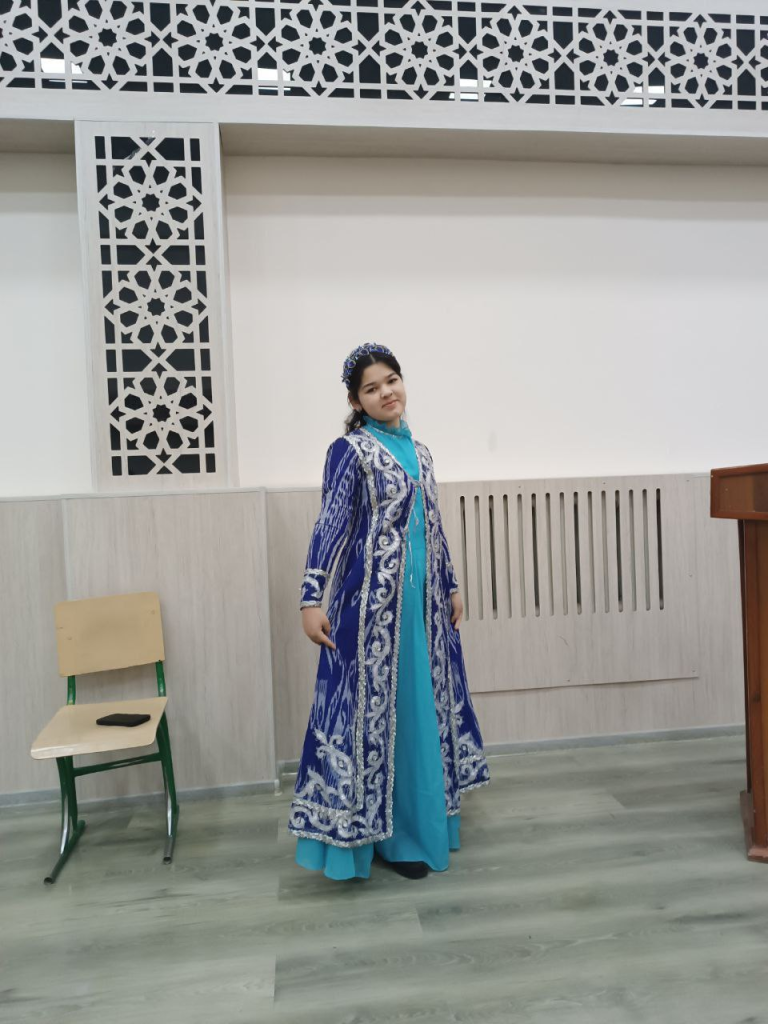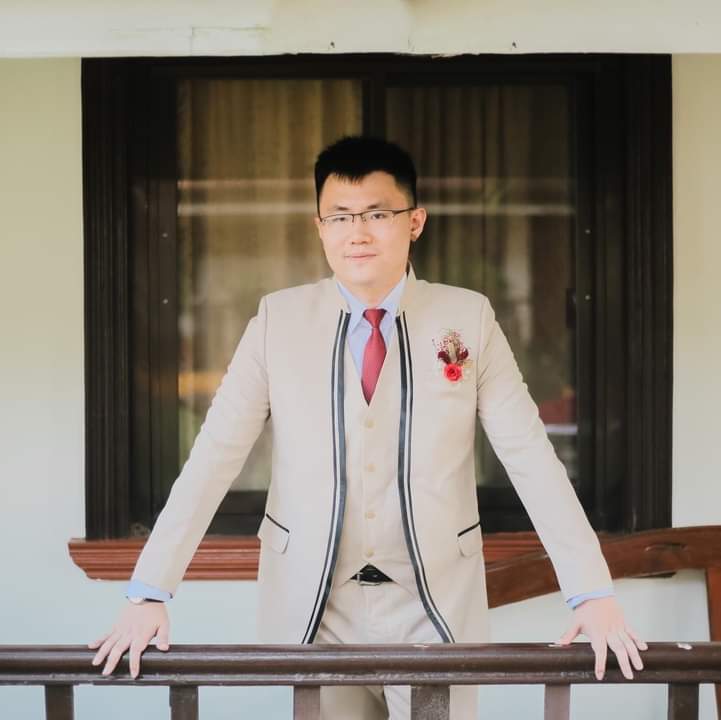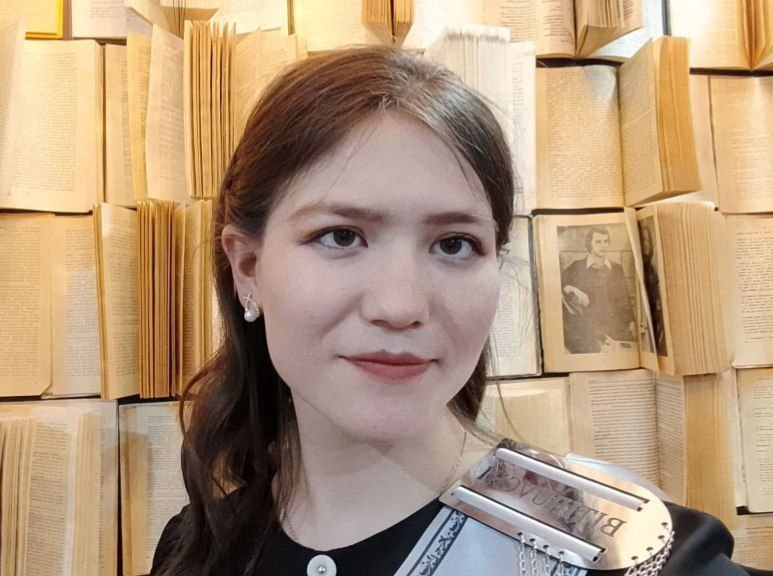A Second Before the World Ends
A second before the world ends,
I caught a cat in the act—
carefully building a nest
for a pregnant dove,
bit by bit…
Right then, a politician sneezed
on his way out of peace talks
that had birthed eight wars
and five famines.
My dead father asked:
“What are you doing?
Come on, you’ll be here with me soon enough…”
I turned his word “there” over in my head.
Will I return to my mother’s womb?
Go to some nameless place?
Become a fish with wings
and one lone eye
in the middle of its head?
I’m not trying to sound surreal—
That’s just where my thoughts live
since I graduated from public high school.
Maybe it’s the government schooling.
Maybe the dirty water.
Maybe racism.
Maybe the fear of belonging to any “minority.”
Before I go,
I plan to release a poetry album.
Free entry for all.
And at every reading,
I’ll kiss the hands of infants,
of the mad,
of women whose men still ridicule
the shape of their breasts
or the bags beneath their eyes.
My father’s calling again—
this time, with mango gelato.
He wants me quickly.
I’m not sure what the hurry is.
A second before it’s all over,
my neighbors wrapped their heads in papyrus,
claiming it’s the only cure
for the “migraine of civilizations.”
Then the monkey—“Mousa”—
leapt into my chest and said:
“I write poetry too.”
I saw the sky fall
and shrink down
to the size of a fingertip.
My father called out again:
“I’m coming!”
I say it too,
as I write this final poem—
hallucinating.
When My Arm Flew Into the Air
When my arm flew into the air,
I calmed myself by believing I must be dreaming.
Any moment now, I would wake to the sound
of the gecko that’s been living in my room
for the past four months.
I haven’t killed it.
I don’t want to.
I didn’t feel like I was flying.
I felt like I was disappearing.
You know that strange training—
when you teach your body to die,
and bit by bit,
you start to feel each part fade?
I smelled the okra stew
our ninety-year-old neighbor was cooking.
I saw a large yellow butterfly
telling a joke in Salvador Dalí’s ear.
He was trapped inside a painting
hanging across from the neighbors’ window.
I saw him laugh.
And I thought:
He really was mad.
Or maybe I’m the mad one.
It’s not easy to watch your arm
lift off into the air.
Not easy to ask:
Did you really detach from my body?
and hear it answer
in a voice beyond logic—
the voice of a muffled child,
as if his parents had rushed the burial,
believed he was gone too soon,
sealed the coffin,
and drove away.
When my arm flew up,
I thought:
This is delirium.
Maybe I’m dying.
Maybe I’m about to write a new poem—
one that will be rejected
by many editors
but adored by one person,
who will carve it into the bark
of a massive fig tree.
And after he walks home,
the fig tree will stir from its long sleep
and finish writing the rest of the poem.
I don’t know exactly what happened.
But I do know this:
Whatever part of you flies off
becomes braver
than it ever was
before.
Yesterday, I Met My Jinn Double
Yesterday, I met my jinn double.
Her fingers were shaped like forks.
She smiled at me three times—
with an upside-down mouth.
The roughness of her skin reminded me
of the last time I touched a leaf with my bare hand.
A long time ago,
back when trees could still be touched,
back when trees belonged to the earth.
Back when grape clusters were earrings—
and ropes to escape.
I knelt before her and whispered:
“How many times have they killed you?”
And I heard the echo:
“How many times have they killed me?”
I’m not her.
I don’t want to be her.
I’m free.
I flutter from flower to flower,
tasting mulberries,
playing with clay.
She points to the moon,
trying to pull it down with a rope.
I got scared.
I wet myself.
I’m not a child—
but fear makes everyone do that.
The baby next door does it.
So did my grandfather—
and he was a bank manager.
No one is bigger than fear.
She comes closer.
Her feet were shaped like hooks.
I step back.
Then again.
And again—
until I disappear.
Or wake up
from the dream.




